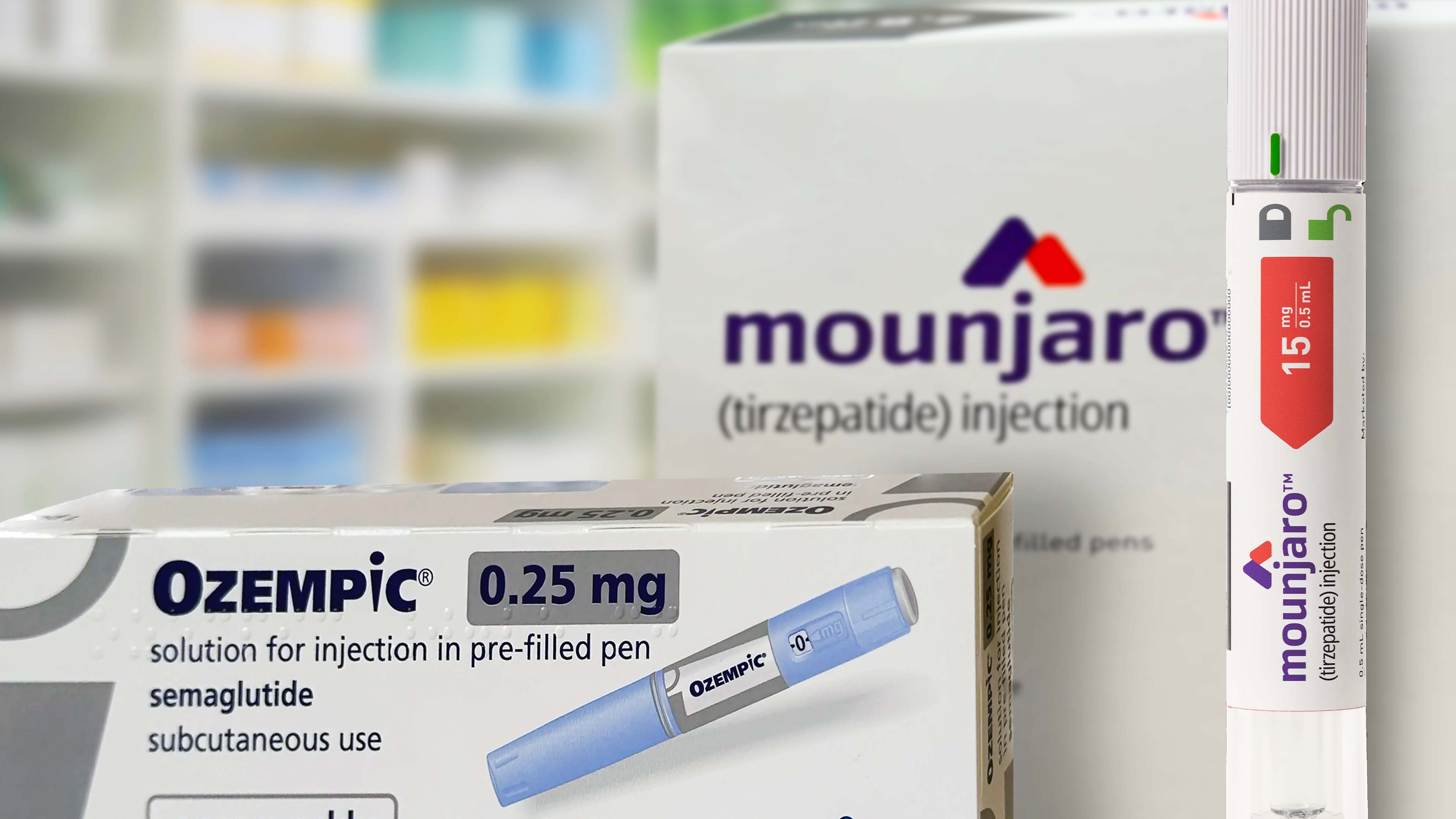Thousands of Americans swear by the product called Airborne as a reliever of cold symptoms. However, the company can’t advertise itself that way anymore.
California Attorney General Jerry Brown on Tuesday joined with 32 other state attorneys general in announcing a $7 million settlement with Airborne, Inc. that forces the company to stop advertisements that “dramatically misrepresented” its dietary supplements as cold remedies.
“Airborne dramatically misrepresented its products as cold remedies without any scientific evidence to back up its claims,” Brown said. “Under this agreement, the company will stop advertisements that suggest that its products are a cure for the common cold.”
Airborne released the following statement in defense of their products:
“Airborne continues to be used and trusted by millions of Americans from all walks of life." The agreement announced today will have no impact on our products or on the ability of consumers to buy them, because it deals with language that had already been dropped from our advertising and labeling. What hasn’t changed is the simple fact that the key ingredients in Airborne have been shown to help support the immune system. Airborne continues to be the number one selling product of its kind in America and we appreciate the loyalty of our customers.
Airborne began selling its products as a cold remedy on the Internet around July 2000 and on television in 2004.
“In its ads, Airborne featured people suffering from cold and flu symptoms and made unsupported statements suggesting its products were a cure for the common cold,” the Attorney General’s office said in a statement. This included:
- “Airborne Cold Remedy”
- “A Miracle Cold Buster!”
- “Sick of Catching Colds?”
- “Take at the first sign of a cold symptom.”
At the time the company also requested that retailers sell Airborne products in the cold/cough aisle, according to Brown’s office.
Health
To substantiate their claims, Airborne relied upon studies that claimed the major ingredients in their products -- Vitamin C, Vitamin E, Selenium, and Zinc -- prevent colds, Brown’s office said.
However, subsequent definitive studies found that these ingredients do not have any discernable effect to prevent colds.
Despite the information, Airborne continued to market its products as cold remedies, Brown’s office said in the statement.
Investigators also raised concerns about the levels of Vitamin A in Airborne products.
In older formulations, Airborne contained 5,000 International Units of Vitamin A.
If the product was taken as instructed, consumers would ingest up to 15,000 International Units of Vitamin A daily.
That amount of Vitamin A poses potential health risks to vulnerable populations, including children and pregnant women, according to Brown’s office.
During the negotiation process, Airborne reformulated its product to contain only 2,000 International Units of Vitamin A.
Under Tuesday’s agreement, Airborne Inc. agreed:
- Not to make any claim concerning the health benefit, performance, efficacy or safety of its dietary supplements.
- Not to make any claims that imply that Airborne can diagnose, mitigate, prevent, treat, or cure colds, coughs, the flu, an upper respiratory infection or allergies.
- Not to require, demand, or otherwise influence where a retailer places Airborne, Inc. products, such as in the cold and cough aisle.
- Not to market any product that contains directions for use that would, if followed, result in an individual ingesting 15,000 International Units of Vitamin A per day.
- Pay a total of $7 million to 33 states.
Tuesday settlement covers all Airborne products including:
- Airborne- Original
- Airborne- Pink Grapefruit
- Airborne- Lemon Lime
- Airborne- Nighttime
- Airborne- Jr. On-The-Go
- Airborne- Seasonal Relief
- Airborne- Sore Throat Gummi Lozenges
- Airborne- Soothing Throat Gummi Lozenges
- Airborne- Power Pixies
The states involved in Tuesday’s settlement include Alaska, Arkansas, Connecticut, Delaware, The District of Columbia, Florida, Idaho, Illinois, Indiana, Iowa, Kansas, Kentucky, Maine, Maryland, Michigan, Mississippi, Missouri, Montana, Nebraska, Nevada, New Jersey, New Mexico, Ohio, Oregon, Pennsylvania, Rhode Island, South Carolina, Tennessee, Texas, Vermont, Washington, and Wisconsin.
California will receive $460,000 under the settlement.



